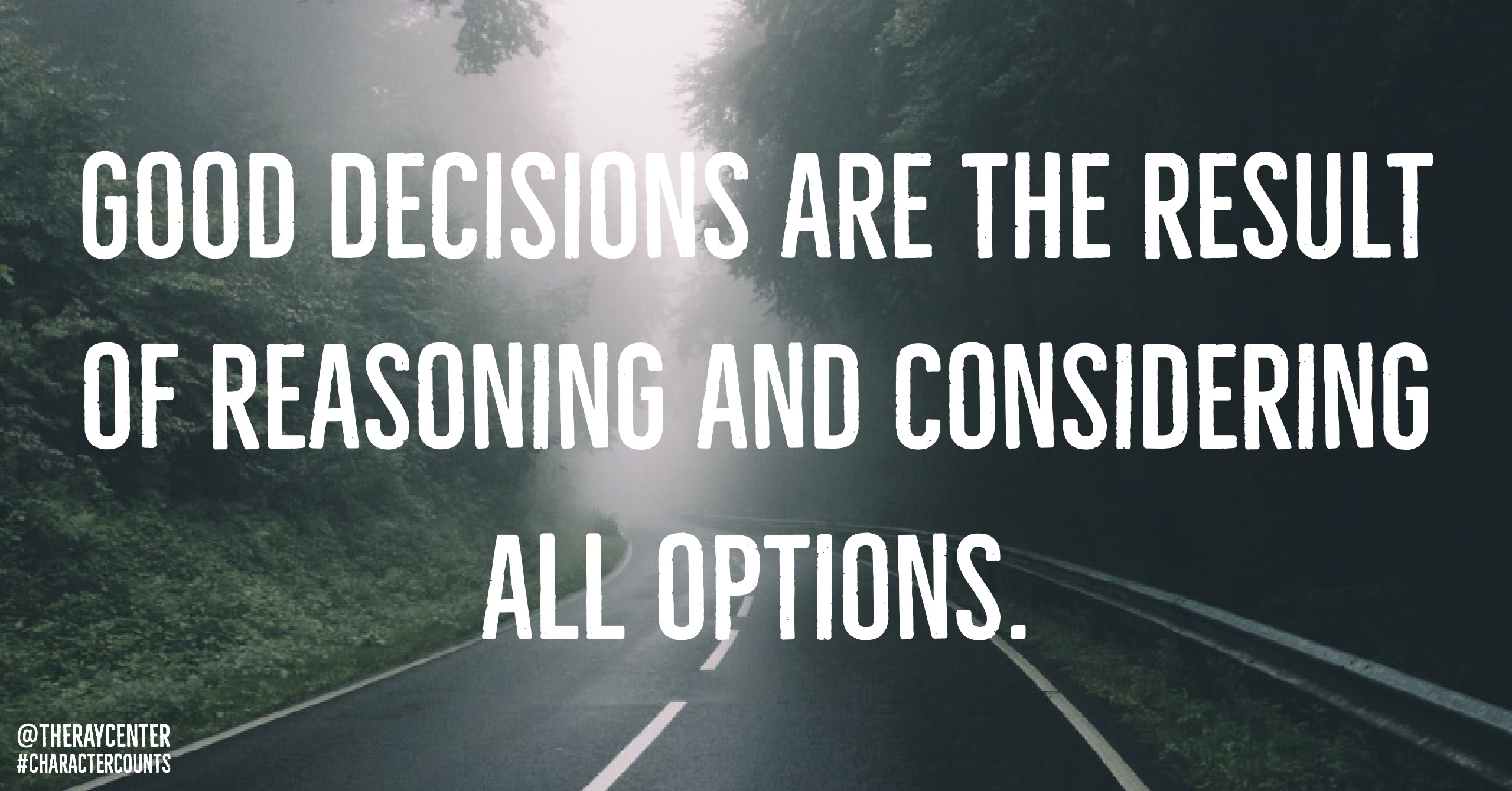4 tips to get you on the road to good decisions

In a recent post, we talked about the difference between compliance and ethics. (We got a little over eager at the end of that last post and said we’d talk next about decision-making obstacles. That’s jumping ahead a bit in the decision-making process – so we’ll come back to those obstacles later.)
So now that you know the difference between choosing between what you should do and what you are required to do, let’s move on to the next step in decision-making. Imagine you’re faced with an tough ethical issue, and you want to make a good decision. But how do you know what is the good one? Here’s a few tips:
Good decisions require some thought.
Some require more thought than others, but in order to make the right choice, we need to look at the facts and evaluate the potential consequences.
Good decisions are ethical AND effective.
You can have your cake and eat it too. At least where decision-making is concerned. A good decision should stay true to your ethics, but your decision also needs to accomplish what you need. For example – if we lie to a friend so they will do us a favor, we’ve gotten what we need, but compromised our ethics by lying. But don’t give up! Look for another way that you can get what you need and also stay true to your values.
Good decisions are rational, not rationalizations.
Which one comes first: your decision or the reasons for the decision? Good decisions are the result of reasoning and considering all options. You may be making a poor choice if you’ve made the decision first and are now looking for ways to rationalize it.
Good decisions require discipline.
You’ve decided what do do, but now you have to actually do it. We need discipline because it takes strength of character to do what is right, even when it is costly or uncomfortable.
Of course, all decisions aren’t equal. Most don’t require serious forethought (i.e. what to wear) because the issues aren’t complex or the stakes aren’t high. Here’s a good question to ask yourself: what are the consequences? The greater the potential consequences, the more careful we need to be in thinking it through.
“Your life is the sum result of all the choices you make, both consciously and unconsciously.
If you can control the process of choosing, you can control all aspects of your life.”
– Senator Robert Bennett
We’ll continue talking about decision-making in more upcoming posts – including some tests to tell if you are making a good choice and those obstacles we face in making the right decision.